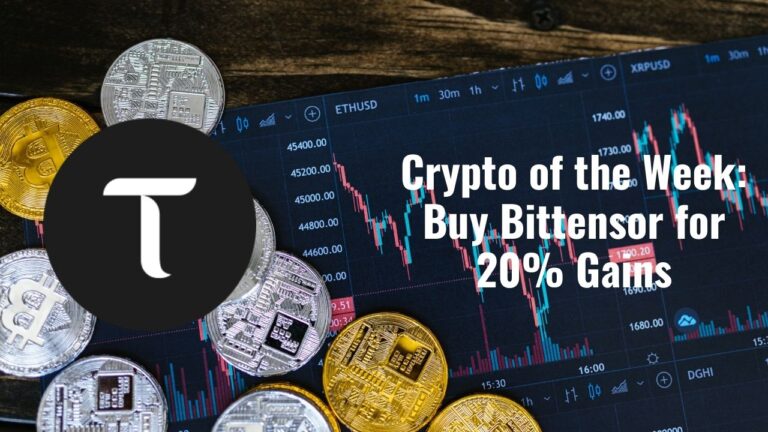Key Takeaways
- The crypto registry is compulsory for crypto companies to operate in Spain
- Some companies registered last week include Bitpanda,Vottun, Criptan Trade, Eurocoin Broker etc.
Bank of Spain registered 17 crypto companies last week, with the inclusion of three more crypto businesses. The registry of virtual asset service providers (VASPs) added exchanges including Jobchain Austria, Criptan Trade, Eurocoin Broker, Jobchain España, Lemacoin Crypto Solutions, Bitpanda, and Vottun.
The other crypto exchanges in the registry includes , Bitcoininforme, Bit Base, Blox, Trade Republic Bank, Globalstar Technologies, C.R. Tecnología y Finanzas, Onyze Digital Assets, Bitgo Deutschland, and BTC Direct Europe. Bank of Spain opened its registry for crypto service providers in October last year. Spanish crypto exchange major Bit2Me was the first company to be added to the registry in February this year.
The crypto registry is compulsory for crypto companies to operate in Spain. The registry was created after making a change to a law that now requires crypto companies to follow specific regulatory guidelines to tackle issues of money laundering and terrorism financing. Majority of the companies in the crypto registry are regional firms without a bigger international presence.
Local crypto firms in Spain have utilised the registry to register their operations and implementing the compliance tools to prevent terror financing and money laundering. The registry, however lacks acknowledgment from leading international crypto exchanges like Binance, Coinbase, Houbi Global, etc. Binance has also been named in a gray list issued by the Bank of Spain that includes cryptocurrency exchanges operating in the country.
In May this year, Binance was asked to abandon the sale of crypto derivatives in the country because the authorities believe that such offerings “trigger the complexity of operations for investors as well as increase the possibility of suffering losses greater than the initial investment,” per a joint statement issued by the Comisión Nacional del Mercado de Valores (CNMV) and the Bank of Spain.
Bank of Spain‘s recent move comes against the backdrop of the European Union (EU) planning to set up a license that would allow crypto firms regulated in one EU country to operate in others under its upcoming Markets in Crypto Assets (MiCA) bill. The MiCA framework is yet to be implemented and is only in the final stage of the European Union’s legislative process.










